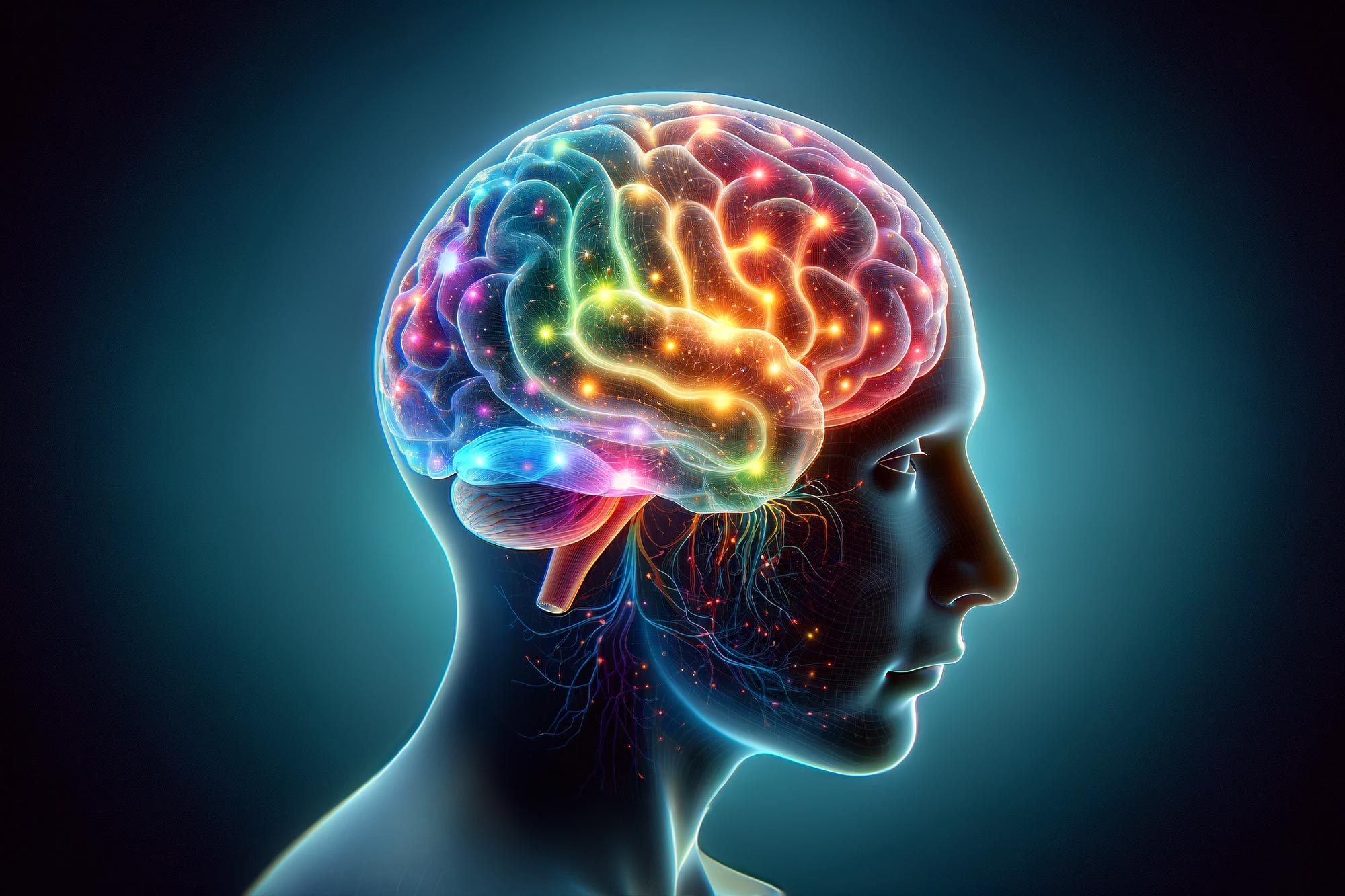Antidepressants such as SSRIs work by stimulating neuroplasticity and connectivity in the brain, offering a new perspective on their role in treating depression, beyond serotonin theory. Credit: SciTechDaily.com
The serotonin-boosting effect of antidepressants is essential and relieves depression by restoring normal communication and connections in the brain.
New research highlights that SSRIs and other antidepressants treat depression not by correcting an imbalance in serotonin, but by promoting neuroplasticity and improving brain area communication, reshaping clinical discussions about their effectiveness.
New research into antidepressants
Scientists at the University of Colorado Anschutz Medical Campus have established a new framework to understand how classic antidepressants work in the treatment of major depressive disorder (MDD). They reemphasize their importance and strive to reframe the clinical conversation around their role in treatment.
The nature of the dysfunction underlying MDD has been investigated for decades. Classic antidepressants, such as SSRIs (selective serotonin reuptake inhibitors, such as Prozac and Zoloft), cause an increase in the levels of the brain chemical messenger, serotonin. This observation led to the idea that antidepressants work because they correct a chemical imbalance, such as a lack of serotonin. However, subsequent years of research showed no significant decrease in serotonin in people with depression. Although experts have abandoned this hypothesis due to a lack of concrete evidence, it has led to a shift in public opinion about the effectiveness of these drugs.
A new framework for understanding MDD treatments
However, antidepressants such as SSRIs and serotonin and norepinephrine reuptake inhibitors (SNRIs) are still effective in relieving depressive episodes in many patients. In an article published in Molecular psychiatryresearchers outline a new framework for understanding how antidepressants are effective in treating MDD. This framework helps clarify how antidepressants such as SSRIs can still be useful even if MDD is not caused by a deficiency of serotonin.
“The best evidence of brain changes in people suffering from MDD is that some brain areas do not communicate normally with each other,” says Scott Thompson, PhD, professor in the Department of Psychiatry at the University of Colorado School of Medicine and senior author. “If the parts of the brain responsible for reward, happiness, mood, self-esteem and in some cases even problem solving don’t communicate well with each other, then they can’t do their job properly.
The role of neuroplasticity in the treatment of MDD
“There is good evidence that antidepressants that increase serotonin, such as SSRIs, all work by restoring the strength of the connections between these brain areas. This also applies to new therapies such as esketamine and psychedelics. This form of neuroplasticity helps free brain circuits from being ‘stuck’ in a pathological state, ultimately leading to restoration of healthy brain function,” said Thompson.
Thompson and colleagues liken this theory to a car veering off the road and becoming stuck in a ditch, requiring the assistance of a tow truck to pull the car out of its stuck state so it can move freely on the road again .
Implications for clinical practice
Researchers hope that healthcare providers will use their examples to enhance conversations with anxious patients about these treatments, helping them better understand their condition and how to treat it.
“We hope this framework will provide clinicians with new ways to communicate how these treatments are working to combat MDD,” said C. Neill Epperson, MD, Robert Freedman Endowed Professor and chair of the Department of Psychiatry at the University of Colorado School of Medicine and co-author on paper.
“Much of the public conversation about the effectiveness of antidepressants and the role serotonin plays in diagnosis and treatment has been negative and largely dangerous. Although MDD is a heterogeneous condition for which there is no one-size-fits-all solution, it is important to emphasize that if a treatment or medication works for you, it is lifesaving. Understanding how these drugs promote neuroplasticity could amplify that message.”
Reference: “Beyond the Serotonin Deficiency Hypothesis: Communicating a Neuroplasticity Framework of Major Depressive Disorder” by Chloe E. Page, C. Neill Epperson, Andrew M. Novick, Korrina A. Duffy, and Scott M. Thompson, May 31, 2024, Molecular psychiatry.
DOI: 10.1038/s41380-024-02625-2
